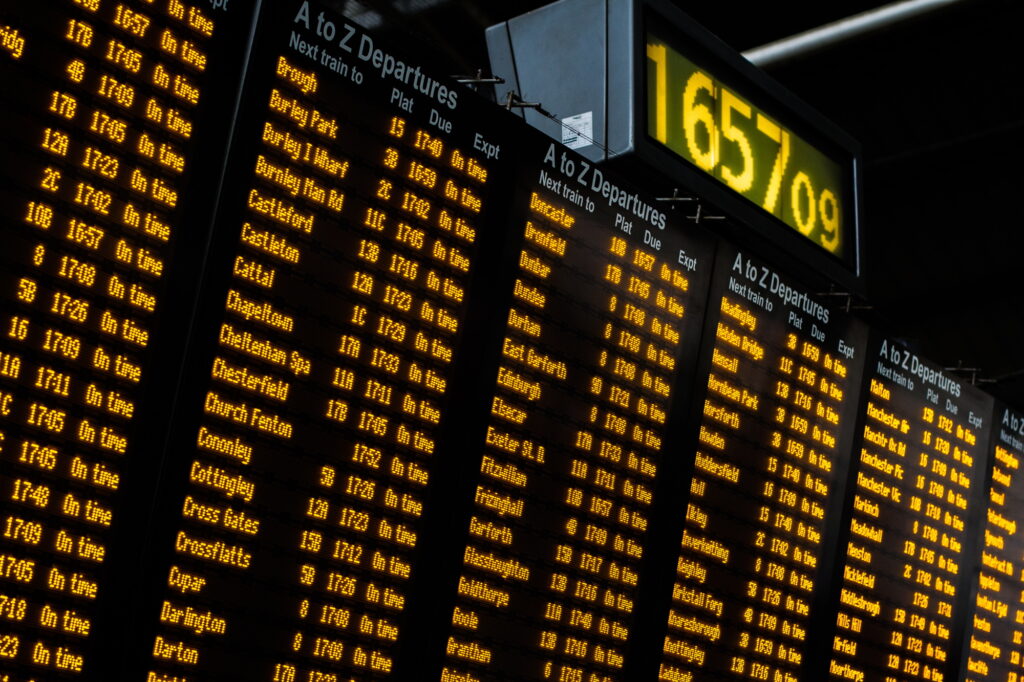Flight disruptions—whether delays, cancellations, or denied boarding—can turn a carefully planned trip into a logistical nightmare. Across the globe, regulations and compensation frameworks are designed to protect passengers, but these systems vary significantly in scope and effectiveness. Here’s a detailed look at how compensation policies work, their challenges, and what travelers can do to assert their rights.
The EU: A Gold Standard in Passenger Protection
The EU261 regulation is widely recognized as the most robust and passenger-friendly framework globally. Introduced in 2004, it establishes clear guidelines for compensation in cases of flight disruptions. Passengers on flights departing from EU countries—or on EU-based airlines arriving in the EU—are eligible for compensation ranging from €250 to €600, depending on:
- Flight Distance: Longer flights warrant higher payouts.
- Delay Duration: The threshold is typically three hours or more.
- Reason for Disruption: Extraordinary circumstances, like severe weather or security threats, exempt airlines from liability.
For example, a delayed short-haul flight under 1,500 km may result in a €250 payout, while long-haul delays exceeding four hours could earn €600.
Extra Perks for Delays:
- After two hours: Complimentary food and beverages.
- After five hours: A full refund or rebooking.
- Overnight delays: Hotel accommodations and transport to/from the airport.
The UK’s Adaptation: Post-Brexit Passenger Protections
After Brexit, the UK implemented UK261, mirroring the EU261 framework. While the principles remain similar, this independent regulation ensures UK travelers continue to enjoy strong protections. The same compensation thresholds apply, offering consistency to passengers flying within or from the UK.
The North American Perspective: Gaps and Challenges
United States:
Unlike the EU, the US lacks a federal law mandating compensation for flight delays or cancellations. Instead, airlines operate under their own policies, which are often less generous. Compensation for disruptions is typically reserved for:
- Denied Boarding (Overbooking): Airlines may offer up to $1,550, depending on delay duration and flight distance.
- Delays and Cancellations: Airlines often provide rebooking, vouchers, or frequent flyer miles, but cash payouts are rare.
A notable exception is compensation for tarmac delays exceeding three hours on domestic flights or four hours on international flights, where airlines are fined and must provide amenities.
Canada:
Canada’s approach lies somewhere between the EU and US. Under its Air Passenger Protection Regulations (APPR), airlines must compensate passengers for delays and cancellations within their control. For example:
- Delays of six to nine hours: Up to 900 CAD.
- Delays exceeding nine hours: Up to 2,400 CAD.
However, compensation is limited to situations under the airline’s direct responsibility, excluding issues like weather or air traffic control.
Global Standards: The Montreal Convention
The Montreal Convention, adopted by over 130 countries, establishes a unified framework for addressing airline liability. While primarily focused on baggage loss or damage, it also allows passengers to claim damages for flight disruptions. However, it lacks the explicit compensation provisions seen in the EU261 regulation.
Overbooking: The Persistent Problem of Denied Boarding
Overbooking—when airlines sell more tickets than available seats—remains a contentious issue. Airlines justify the practice as a way to minimize revenue loss from no-shows. However, when too many passengers show up, some are bumped from their flights.
- Voluntary Denial: Passengers may agree to give up their seat in exchange for compensation, which can include cash, vouchers, or future flight credits.
- Involuntary Denial: When no volunteers come forward, airlines forcibly deny boarding to certain passengers, triggering mandatory compensation under most legal frameworks.
Compensation for Denied Boarding:
- EU261: Up to €600 depending on flight distance.
- US: Up to $1,550 for lengthy delays due to denied boarding.
Challenges and Loopholes in Compensation Policies
While compensation frameworks are designed to protect passengers, airlines often exploit loopholes or rely on passengers’ lack of knowledge to avoid payouts. Common issues include:
- Extraordinary Circumstances: Airlines frequently cite weather, security threats, or air traffic control issues to deny liability.
- Lack of Transparency: Airlines may not proactively inform passengers of their rights, leaving it to the traveler to initiate claims.
- Complex Claims Processes: Filing for compensation often involves navigating bureaucratic hurdles, providing extensive documentation, and waiting months for a resolution.
How to Claim Compensation: Practical Steps
- Document Everything: Save your tickets, boarding passes, and any correspondence with the airline. Take photos of airport announcements or boarding gate displays.
- Contact the Airline Directly: Submit a detailed claim via their website or customer service portal, attaching all supporting documents.
- Know Your Rights: Familiarize yourself with local regulations (e.g., EU261 or APPR).
- Seek Professional Help: If the airline denies your claim, consider using legal assistance or third-party services like AirHelp or Flightright.
My Perspective: Empowering Passengers
Compensation policies in aviation are a vital step toward ensuring accountability in an industry that heavily impacts people’s lives. While the EU leads the way with transparent and enforceable rules, other regions must strengthen their frameworks to match. Airlines, too, should embrace these measures as an opportunity to build trust rather than viewing them as an operational burden.
Ultimately, passengers must remain vigilant. Understanding your rights and being prepared to advocate for them is the best defense against the inconvenience of flight disruptions. With a growing number of tools and resources, travelers are better equipped than ever to turn frustration into fair compensation.










